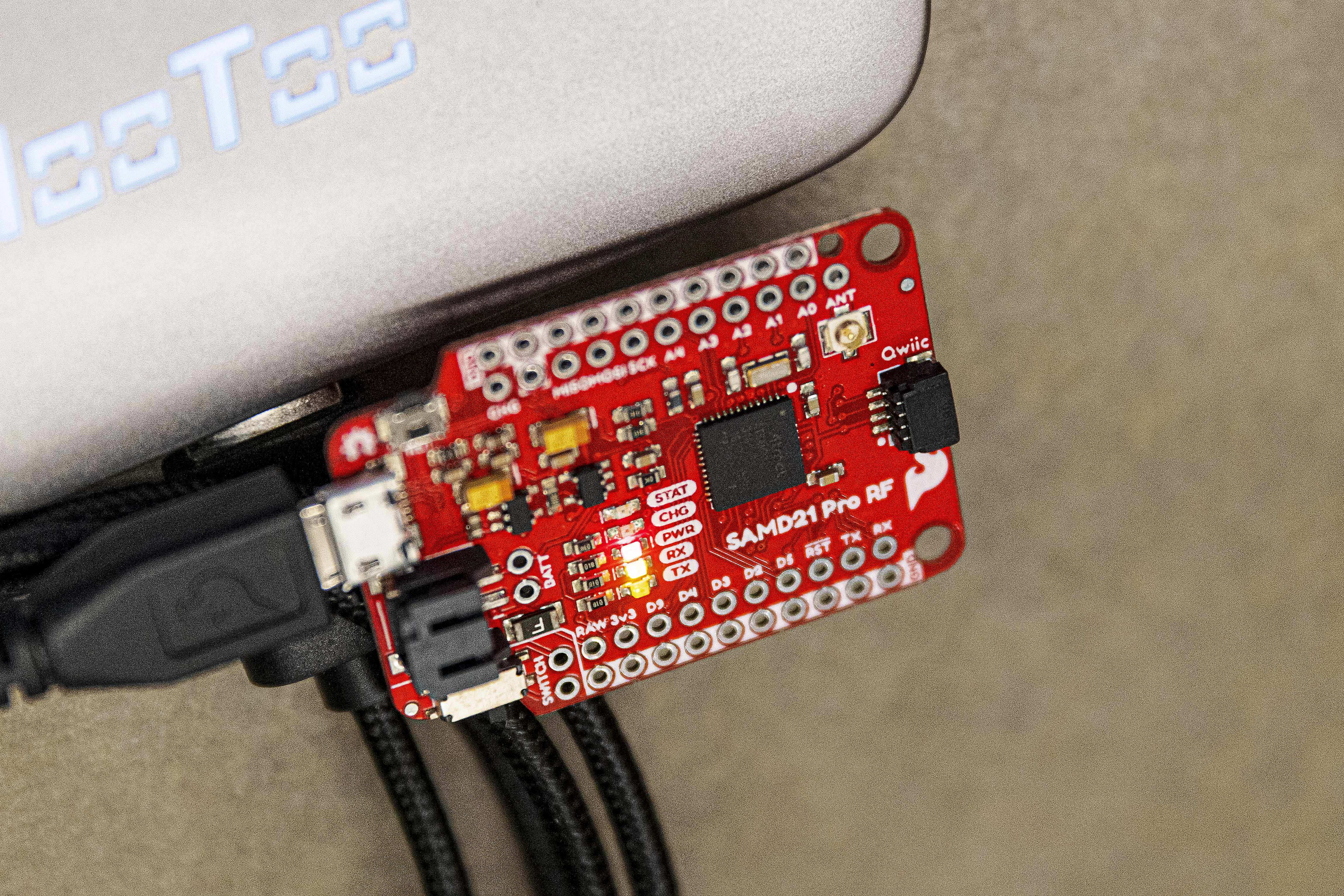
The University of Nebraska–Lincoln’s School of Computing in the College of Engineering has launched its first graduate certificate program.
The graduate certificate in Internet of Things (IoT) is designed to equip graduate-level students and professionals with the fundamental knowledge and hands-on experience required to excel in the technology field and many industries now utilizing IoT technology.
“As the Internet of Things (IoT) continues to reshape industries and redefine everyday experiences, there is a growing demand for professionals who can design, develop, and manage intelligent, connected systems,” said School of Computing Director and Professor Witawas Srisa-an. “A graduate certificate in IoT provides graduate students and computing professionals with the much-needed skills to lead this technological transformation.”
The 12-credit hour certificate program is open to highly qualified individuals who have already earned a bachelor’s degree in a computing-related field. Students accepted into the program will complete one required course in Internet of Things as well as three elective courses from nine available course options. The elective courses can be selected according to each student’s personal preference or according to three highly specialized tracks in IoT Communication Fundamentals, IoT System Design, and IoT Applications.
Key areas of focus in the program include embedded system design, connectivity, security, data streaming, artificial intelligence, machine learning, and automated decision-making. In addition to covering core IoT concepts, the program will provide exposure to emerging IoT technologies that bridge multiple disciplines. Students will also gain insights into the convergence of IoT with 5G and future 6G wireless technologies, as well as the growing role of AI in IoT devices for Edge Computing.
“IoT is everywhere in our lives and is transforming how we live,” said Dale M. Jensen Chair Professor and School of Computing Graduate Chair Mehmet Can Vuran. “At UNL’s School of Computing, we bring together exceptional IoT expertise, ranging from systems to connectivity to AI, along with a state-of-the-art IoT infrastructure that will provide extensive learning opportunities. We are excited to welcome the future IoT leaders to our graduate certificate program.”
Following completion of the program, students who wish to further extend their education can apply their graduate certificate credits toward a master’s degree in computer science or computer engineering.
“From smart homes and wearable devices to intelligent manufacturing and resilient cities, IoT is driving innovation across virtually every sector,” Srisa-an said. “This certificate program empowers learners to harness the full potential of billions of interconnected devices—enabling them to build systems that collect data, communicate effectively, and make intelligent decisions at scale.”
The program is currently accepting applications for new students on a rolling deadline. To learn more or apply, visit the School of Computing website.
More details at: https://computing.unl.edu/iot-graduate-certificate/